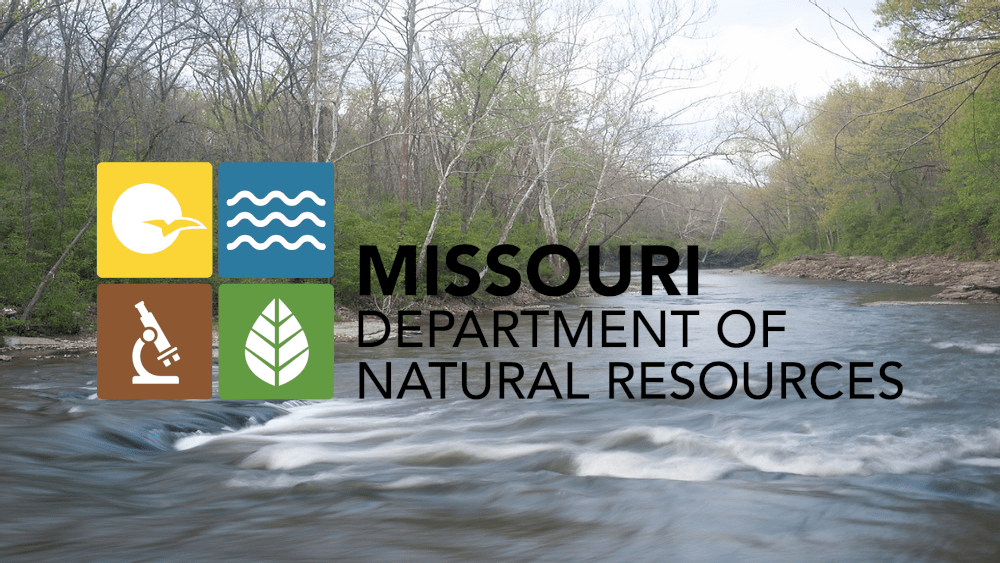
A partnership between the Missouri Department of Natural Resources and the University of Kansas will receive $1.5 million from the U.S. Department of Energy to study the feasibility of recovering critical minerals from coal and associated strata in the Cherokee-Forest City Basin, which encompasses Kansas, Iowa, Missouri, Nebraska, Oklahoma and the Osage Nation.
The Department of Energy’s Carbon Ore, Rare Earth and Critical Minerals Initiative is a $19 million nationwide effort to assess rare earth elements and critical minerals in fossil fuel-producing areas. The Missouri Department of Natural Resources’ Geological Survey is partnering with the state geological surveys of Kansas, Iowa, Nebraska and Oklahoma, and the Osage Nation on the initiative. Each state and the Osage Nation received a portion of the $1.5 million in funding, with the remainder of the $19 million going to other projects.
Rare earth elements and critical minerals are necessary components of numerous products across a wide range of applications, such as cellular telephones, computer hard drives, electric and hybrid vehicles, solar and wind energy, flat-screen monitors and televisions, and defense technologies. Identifying and producing rare earth elements and critical minerals is part of an initiative by the federal government to reduce the nation’s reliance on foreign sources of these important resources.
The project will provide a robust geochemical dataset by combining pXRF analyses of field samples and subsurface core samples of Missouri’s coal and associated units. The produced dataset will provide a guide for further geochemical analyses and future project efforts of targeted geologic units.
You can learn more about the DOE award at energy.gov/articles/doe-awards-19-million-initiatives-produce-rare-earth-elements-and-critical-minerals.


